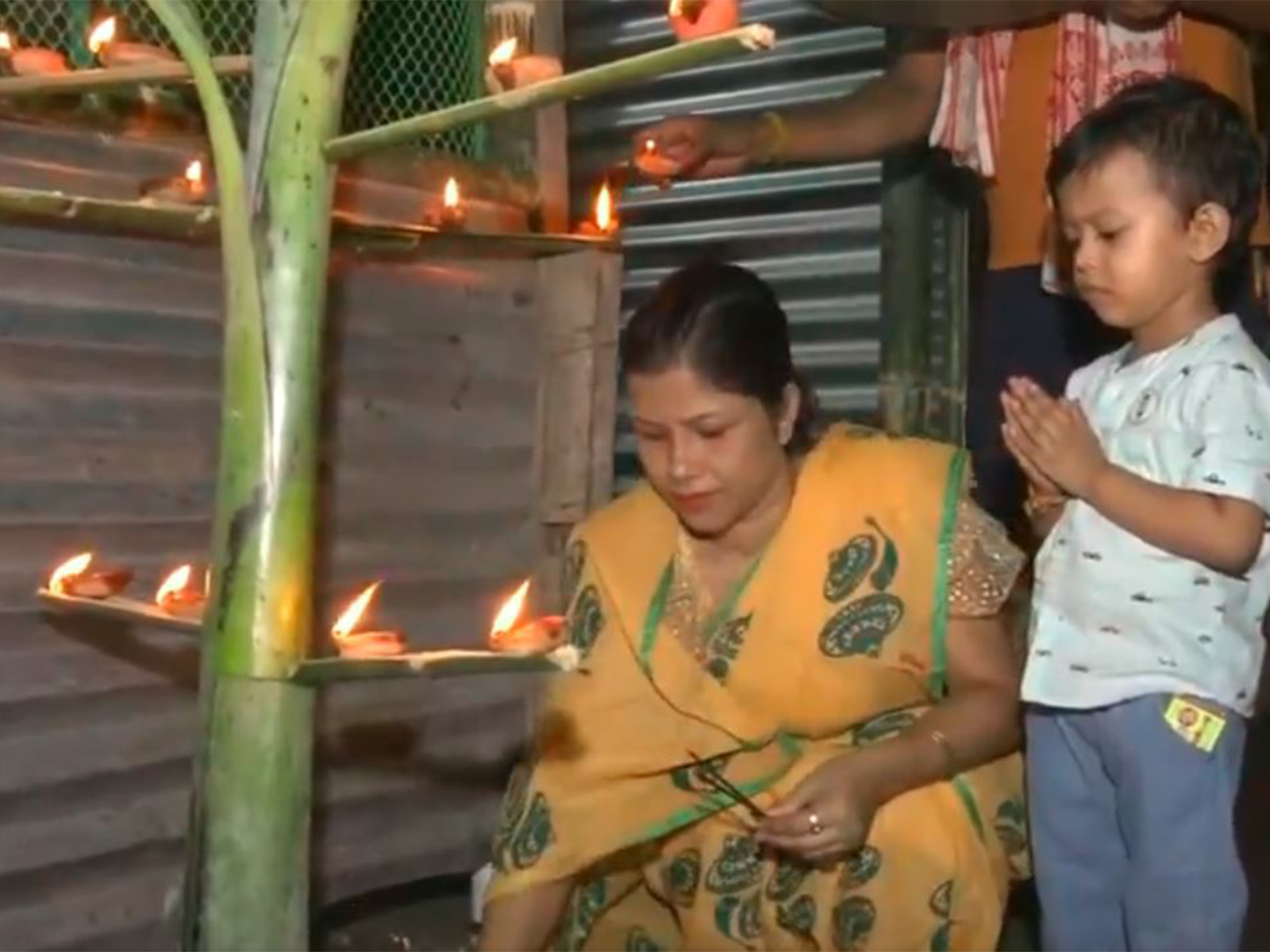Guwahati's Diwali: A Tribute to Zubeen Garg Amid Festive Lights
Guwahati celebrated Diwali with subdued enthusiasm, paying respect to late singer Zubeen Garg, who tragically passed away in Singapore. Amid rising costs and a somber mood, residents participated in traditional rituals and limited shopping. Despite the restrained celebrations, Garg's legacy resonated across the festivities.

- Country:
- India
In Guwahati's Supermarket area, the Diwali celebrations on Monday were interwoven with a heartfelt tribute to the beloved Assamese singer Zubeen Garg. Many event organizers in Assam centered this year's Kali Puja and Diwali around Garg, who tragically drowned in Singapore on September 19, just before a scheduled performance at the Northeast India Festival. His remains were prioritised for return, with a swift journey from Singapore to Delhi and then to Guwahati by September 21.
While Assam's residents participated in the festivities, marketplace activity reflected a modest turnout. The observance was warm yet subdued, as the state continued to grieve the untimely loss of their cultural icon, Zubeen Garg. A customer shared with ANI the noticeable drop in market crowds compared to previous years, expressing his personal plans to engage in puja rituals and celebrate with his son.
Another local, Pawan Kumar, acknowledged the cheer of Diwali but noted an undercurrent of sadness following the recent tragic loss. Financial burdens further dampened celebrations, with higher costs curbing typical spending. Kumar voiced his cautious buying habits—choosing attire, groceries, and decorations, but opting out of fireworks—remarking on the missing vibrancy particularly felt among children.
The state's observance mirrored both festive cheer and profound respect for Zubeen Garg, whose musical influence resonates deeply. Earlier, Guwahati's markets buzzed with activity as people sought customary items—banana plants, bamboo sticks, diyas, and firecrackers. Banana plants, deemed auspicious, bear significance during Diwali as diyas adorn them in Assamese homes—a tradition spanning years. Vendors accordingly established temporary stands at city hotspots like Ganeshguri and Panbazar, selling these plants for Rs 150-200. Meanwhile, shoppers also procured diyas and firecrackers for the festivities, keeping tradition alive despite the somber tone. (ANI)
ALSO READ
-
Amy Jones confident England can reach Women's CWC final, eyes set on Guwahati semi-final against Proteas
-
Coworking Spaces Light Up Diwali with Sports and Networking at Ofis Square
-
Post-Diwali Pollution Crisis: Delhi-NCR Hospitals See Surge in Health Complications
-
Indore Cracks Down on Hazardous Carbide Toy Guns After Diwali Injuries
-
Amit Shah Predicts Diwali Victory Over RJD in Bihar









